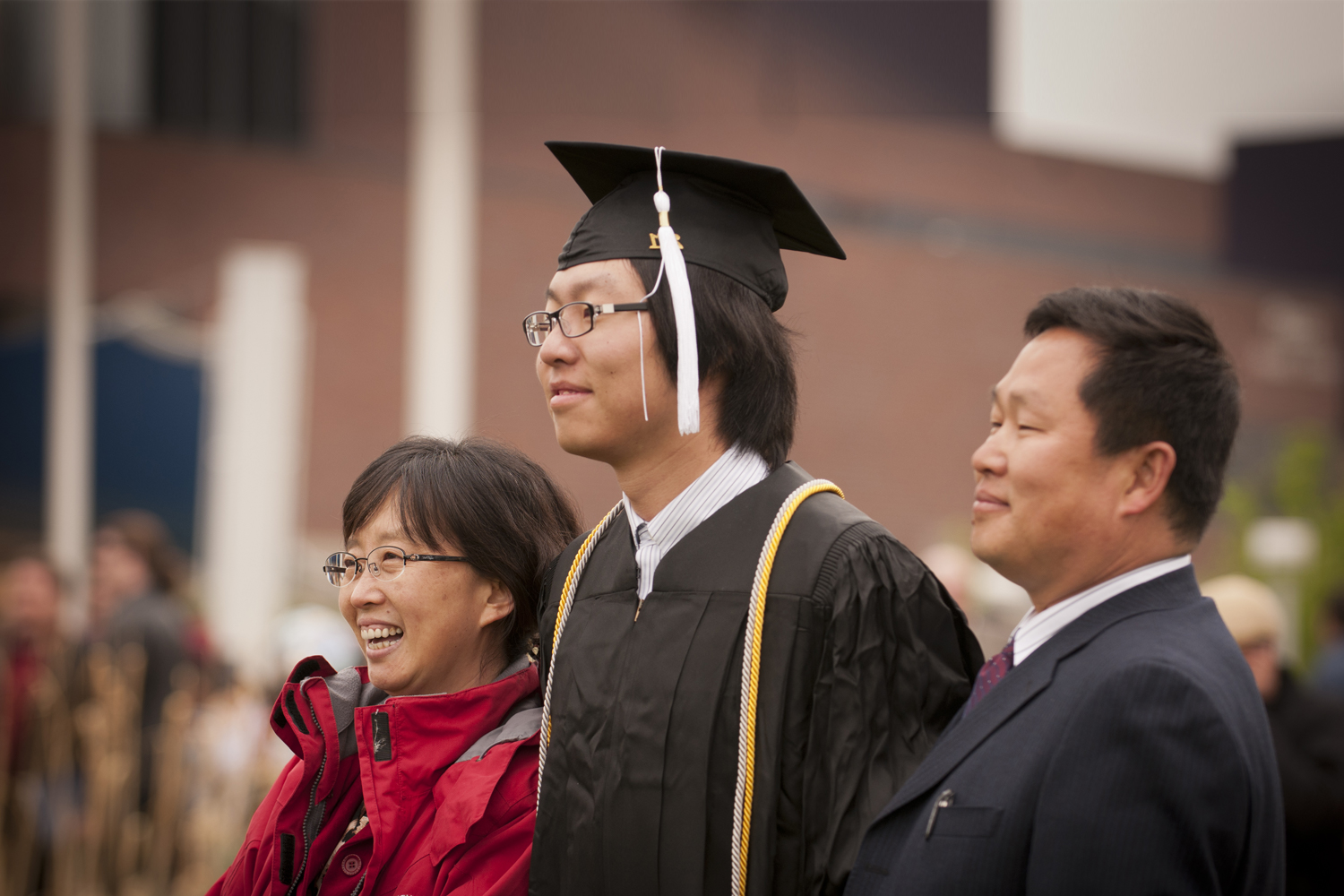Traditional Paper Book Reading Must Never Die
Print vs Electronic Books in China

When Andy Warhol said, “I never read. I just look at pictures,” perhaps he foresaw the information age’s inevitable impacts on people’s traditional reading style. According to the China National Reading Survey from 1999 to 2011, the average number of paper books Chinese adults read per year in 2011 was only 4.35 compared to 6.64 in 1999. However, the national multimedia reading has increased dramatically from 3.70% to 77.60% during the past twelve years. With the developments of new media in the information age, it is time for people to reposition the value of traditional reading.
For China, innovation is important for cultural strengths, and it is tied to traditional reading. Recent research from jinbw.com shows the number of books people in different Asian countries read per year on average. The average number of books the Chinese read per year is approximately four, compared to the South Koreans, which is about 11 books per year.
China and South Korea are two Asian countries that share some similarities in cultural backgrounds and in the exam-oriented education system. But the difference in reading quantity between the two is worth noting. Although South Korea is a small country with limited resources, their development of technology and innovation is unlimited. On the other side of the Pacific Ocean, in the U.S. people read 17 books on average based on the PEW research published in The Atlantic. Americans’ high-impact innovations have been universally acknowledged, and to some extent it is due to their liberal education system. This education system encourages students to read different books from different subjects and apply that knowledge to their own lives until they finally find their focus. Think about Steve jobs with Apple, or Mark Zuckerberg with Facebook…from a small independent study to a large group project, Americans always have a belief to make something new and finally make a change of the world. Reading plays a significant role in creative thinking and in innovative contributions to the future of a country.
We are now living in an era of information explosion. The more individuals take advantage of the convenience of the Internet, the more they depend on the virtual world. From 1999 to 2005, the Chinese national read rate decreased from 60.4% to 48.7% but the literacy level improved. “The decrease of national read rate is a common situation when the society is developing to a new stage,” Li Er, a Chinese writer said. In the past, reading paper books was the only way to gain knowledge, but now information is only a click away through the Internet and it is changing people’s reading habits.
It is difficult to maintain focus when people read online. Pop-up ads, breaking news, and social media distract the readers. When is the last time you spent an hour holding a book to read (excluding textbooks)?
College students can benefit from having a traditional reading habit in their free time. Independent bookstores and book salons are interesting places to go to. Ifeng Reading Club in Beijing, supported by ifeng.com (the web presence for Phoenix TV from Hong Kong) is a non-profit reading club. Every week, it invites writers, directors, artists and other cultural figures to share their ideas with readers. It provides good information and a good opportunity to find something new to read and to meet more friends.
In the last five years, many independent bookstores in China have closed due to the lack of financial support. One independent bookstore owner in Shanghai said, “I know many bookstores are closing nowadays, and I don’t know how far we can go. But I think since we opened the store, it’s become our child. You cannot just easily abandon it. As long as I have my energy left, I will continue to raise it.”
Books are not only part of culture, but also collections of a person’s entire life. As one student said, “Take your smart phones away, and grab a book you like and find a seat in the library. The more you read and think, the more creative and innovative you will become.”
by Yu Hua (Kathy)
REFERENCES
UPDATES
International College Beijing
-

Welcoming the Year of the Snake at CU Denver
Jan 29, 2025CU Denver students, faculty, and staff join in celebrating the Year of the Snake with a festive event.Full story -

Spring Semester Kickoff at CU Denver
Jan 21, 2025ICB students are welcomed to Denver and to campus for the Spring 2025 semester.Full story -

-

Year-Round Events Enjoyed By ICB Students
Aug 31, 2023Throughout 2023, ICB students are continuing to join in the fun of indoor and outdoor events hosted by the Office of International Affairs (OIA) and CU Denver. In the spring, two hundred thirty students, staff, faculty, and friends recognized the Lunar New Year at an event presented by OIA, the Asian Students Association (ASA), and the Intercultural Club Beijing. The Club’s members act as consultants for International College Beijing (ICB), both for American CU Denver students going to Beijing on study abroad programs and Chinese students coming to CU Denver.... read moreFull story







